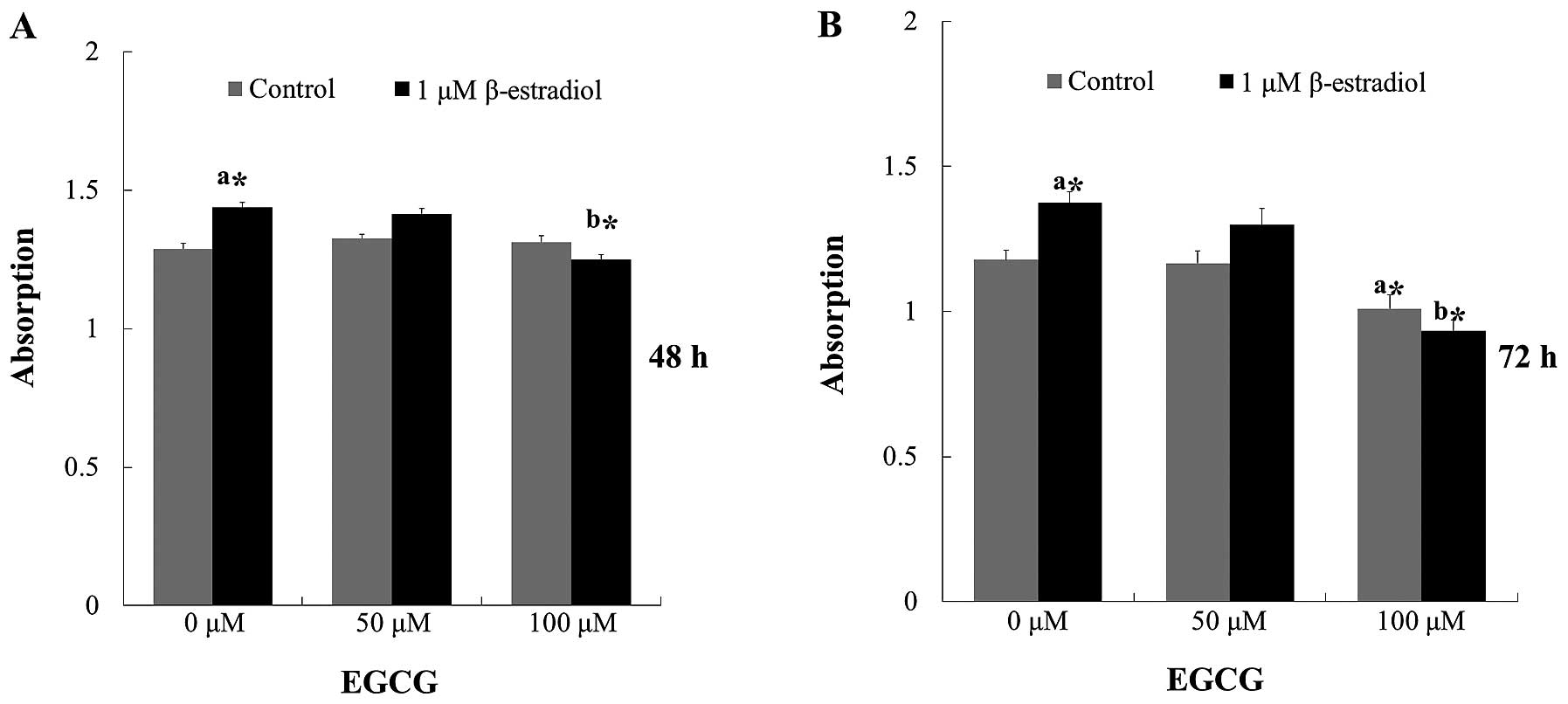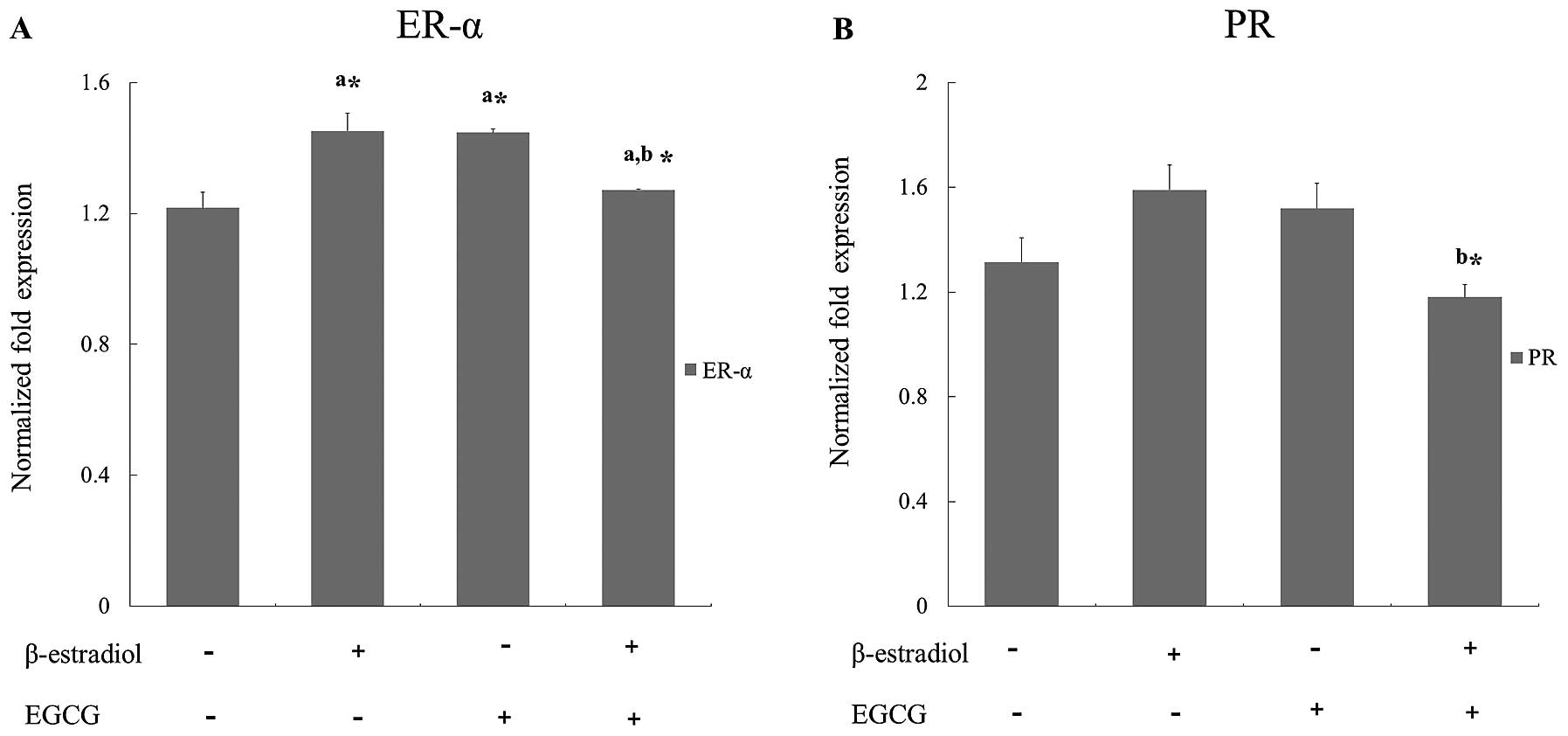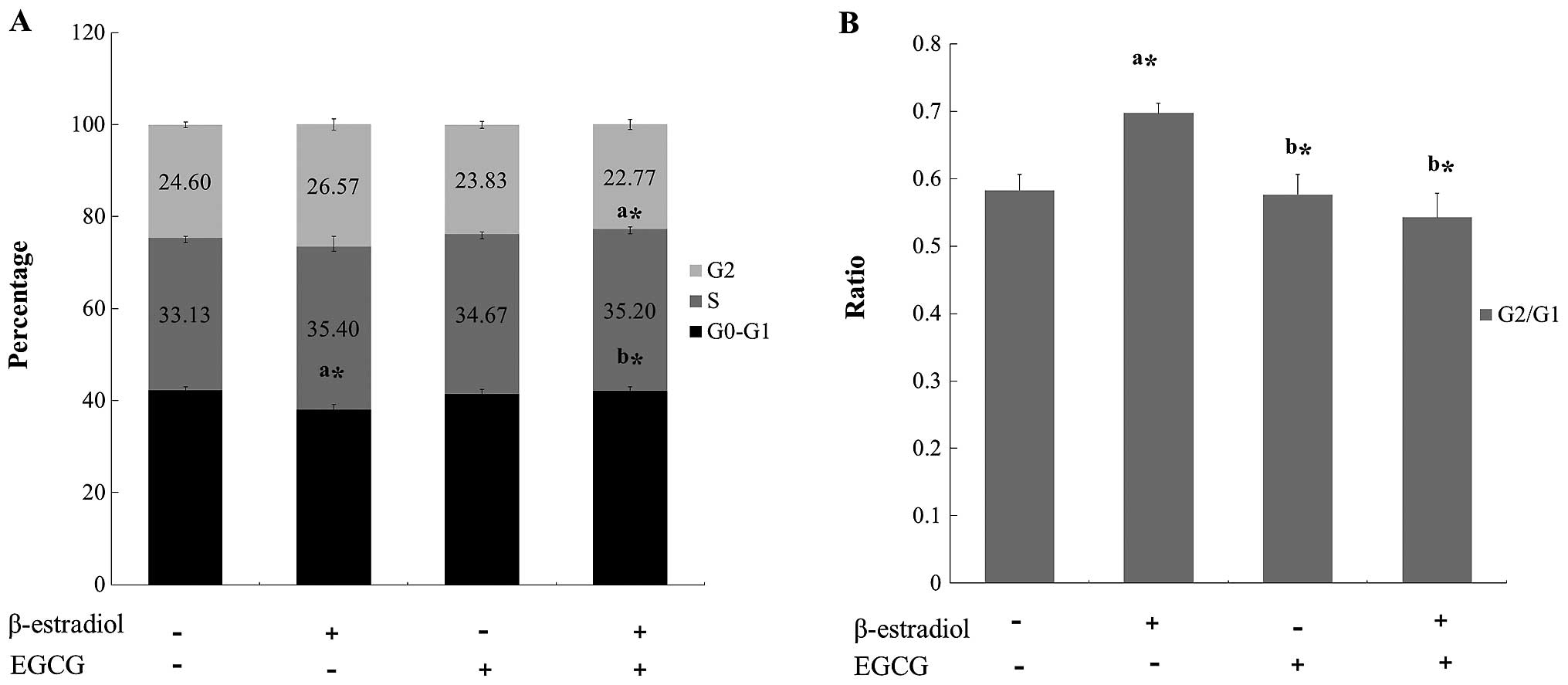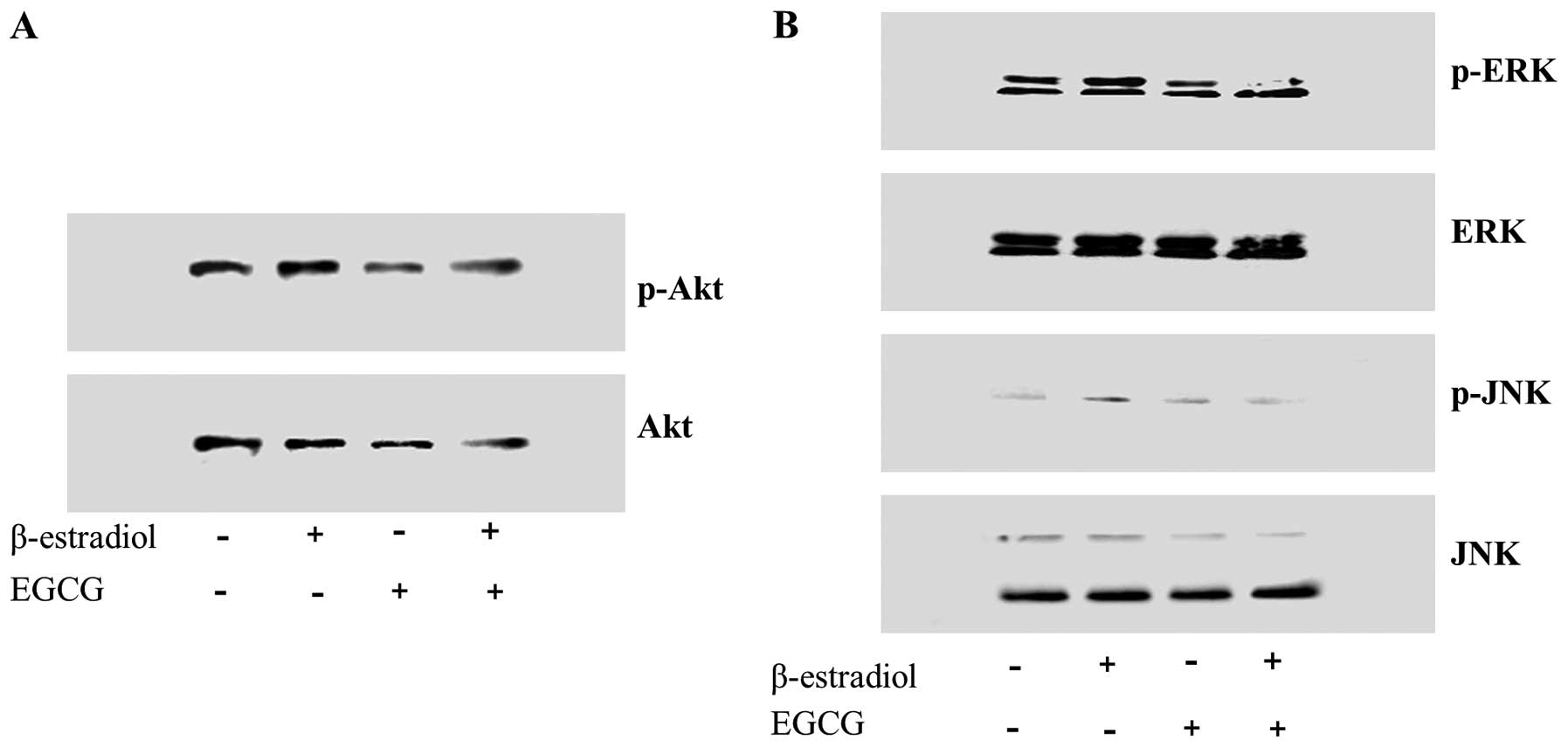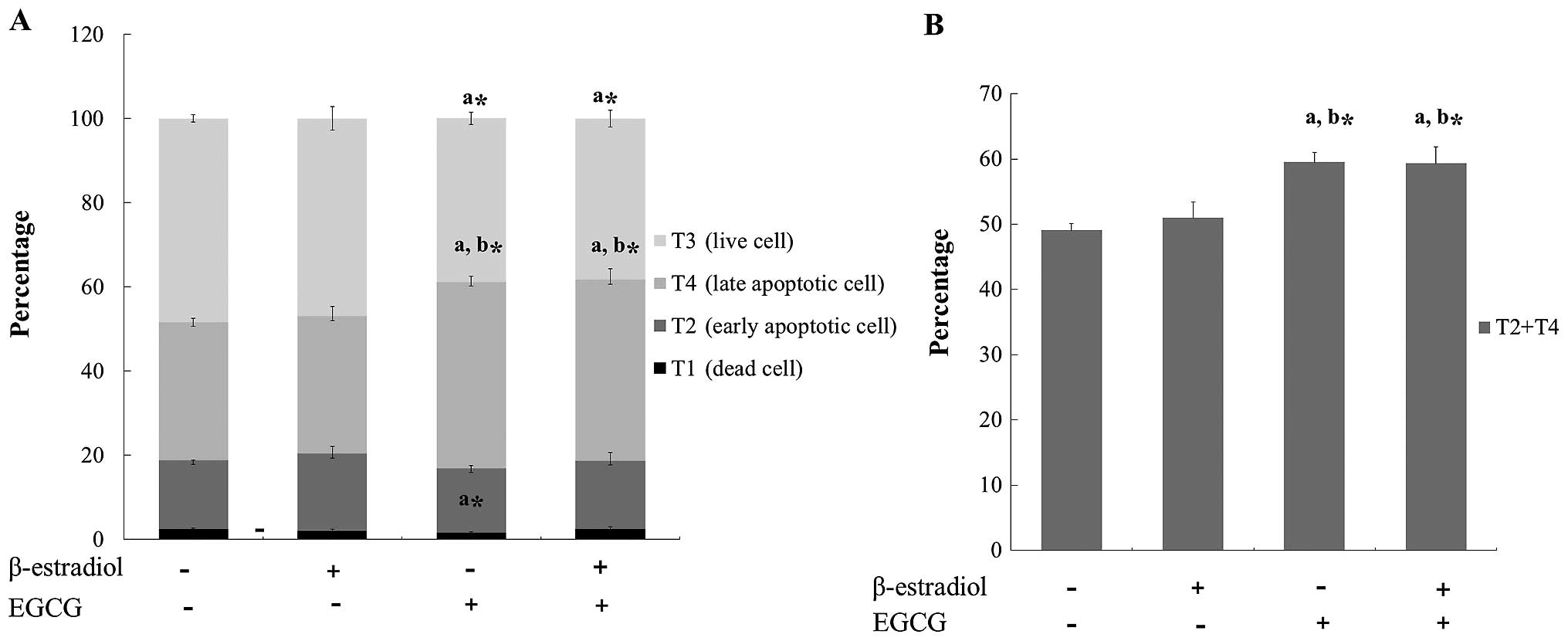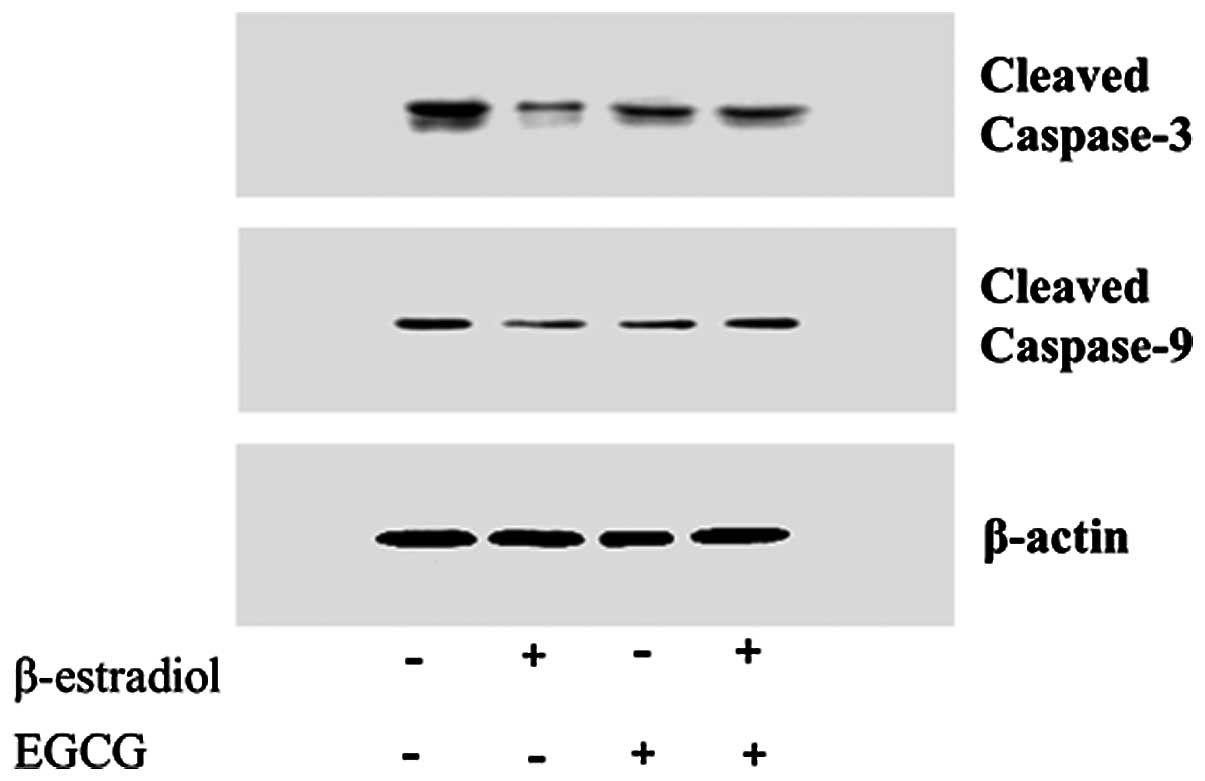|
1.
|
A DollM AbalM RigauNovel molecular
profiles of endometrial cancer-new light through old windowsJ
Steroid Biochem Mol
Biol108221229200810.1016/j.jsbmb.2007.09.02018061438
|
|
2.
|
G AlbrektsenI HeuchS TretliG KvaleIs the
risk of cancer of the corpus uteri reduced by a recent pregnancy? A
prospective study of 765,756 Norwegian womenInt J
Cancer61485490199510.1002/ijc.29106104107759154
|
|
3.
|
A KalandidiA TzonouL LipworthI GamatsiD
FilippaD TrichopoulosA case-control study of endometrial cancer in
relation to reproductive, somatometric, and life-style
variablesOncology53354359199610.1159/0002275878784467
|
|
4.
|
D GradyT GebretsadikK KerlikowskeV
ErnsterD PetittiHormone replacement therapy and endometrial cancer
risk: a meta-analysisObstet
Gynecol85304313199510.1016/0029-7844(94)00383-O7824251
|
|
5.
|
A AkhmedkhanovA Zeleniuch-JacquotteP
TonioloRole of exogenous and endogenous hormones in endometrial
cancer: review of the evidence and research perspectivesAnn NY Acad
Sci943296315200110.1111/j.1749-6632.2001.tb03811.x11594550
|
|
6.
|
CF HolinkaY AnzaiH HataN KimmelH KuramotoE
GurpideProliferation and responsiveness to estrogen of human
endometrial cancer cells under serum-free culture conditionsCancer
Res493297330119892720684
|
|
7.
|
A BouskineM NeboutB MograbiF
Brucker-DavisC RogerP FenichelEstrogens promote human testicular
germ cell cancer through a membrane-mediated activation of
extracellular regulated kinase and protein kinase
AEndocrinology149565573200810.1210/en.2007-1318
|
|
8.
|
G CastoriaA MigliaccioA BilancioPI3-kinase
in concert with Src promotes the S-phase entry of
oestradiol-stimulated MCF-7 cellsEMBO
J2060506059200110.1093/emboj/20.21.605011689445
|
|
9.
|
JA RobertsonY FarnellLS LindahlNH
IngEstradiol up-regulates estrogen receptor messenger ribonucleic
acid in endometrial carcinoma (Ishikawa) cells by stabilizing the
messageJ Mol
Endocrinol29125135200210.1677/jme.0.029012512200234
|
|
10.
|
BJ CheskisJ GregerN CoochMNAR plays an
important role in ERa activation of Src/MAPK and PI3K/Akt signaling
pathwaysSteroids73901905200810.1016/j.steroids.2007.12.02818261753
|
|
11.
|
BM WolpinRJ MayerSystemic treatment of
colorectal
cancerGastroenterology13412961310200810.1053/j.gastro.2008.02.09818471507
|
|
12.
|
H FujikiM SuganumaS OkabeJapanese green
tea as a cancer preventive in humansNutr
Rev54S67S70199610.1111/j.1753-4887.1996.tb03821.x9110578
|
|
13.
|
MH PanYS ChiouYJ WangCT HoJK LinMultistage
carcinogenesis process as molecular targets in cancer
chemoprevention by epicatechin-3-gallateFood
Funct2101110201110.1039/c0fo00174k21779554
|
|
14.
|
T WebbGreen tea experiments in lab, clinic
yield mixed resultsJ Natl Cancer
Inst9210381039200010.1093/jnci/92.13.103810880545
|
|
15.
|
Y CaoR CaoAngiogenesis inhibited by
drinking teaNature398381199910.1038/1879310201368
|
|
16.
|
M YokoyamaM NoguchiY NakaoA PaterT
IwasakaThe tea polyphenol, (−)-epigallocatechin gallate effects on
growth, apoptosis, and telomerase activity in cervical cell
linesGynecol Oncol921972042004
|
|
17.
|
G ZhangV GurtuSR KainG YanEarly detection
of apoptosis using a fluorescent conjugate of annexin
VBiotechniques2352553119979298227
|
|
18.
|
DM ParkinF BrayJ FerlayP PisaniGlobal
cancer statistics, 2002CA Cancer J
Clin5574108200510.3322/canjclin.55.2.74
|
|
19.
|
V BeralD BullG ReevesEndometrial cancer
and hormone-replacement therapy in the Million Women
StudyLancet36515431551200510.1016/S0140-6736(05)66455-015866308
|
|
20.
|
LP LovelyKB Appa RaoY GuiBA
LesseyCharacterization of androgen receptors in a
well-differentiated endometrial adenocarcinoma cell line
(Ishikawa)J Steroid Biochem Mol
Biol74235241200010.1016/S0960-0760(00)00127-811162929
|
|
21.
|
MP SnijdersAF de GoeijMJ Debets-Te
BaertsMJ RouschJ KoudstaalFT BosmanImmunocytochemical analysis of
oestrogen receptors and progesterone receptors in the human uterus
throughout the menstrual cycle and after the menopauseJ Reprod
Fertil94363371199210.1530/jrf.0.0940363
|
|
22.
|
M ShimizuA DeguchiJT LimH MoriwakiL
KopelovichIB Weinstein(−)-Epigallocatechin gallate and polyphenon E
inhibit growth and activation of the epidermal growth factor
receptor and human epidermal growth factor receptor-2 signaling
pathways in human colon cancer cellsClin Cancer
Res11273527462005
|
|
23.
|
N KhanF AfaqM SaleemN AhmadH
MukhtarTargeting multiple signaling pathways by green tea
polyphenol (−)-epigallocatechin-3-gallateCancer
Res66250025052006
|
|
24.
|
N AhmadDK FeyesAL NieminenR AgarwalH
MukhtarGreen tea constituent epigallocatechin-3-gallate and
induction of apoptosis and cell cycle arrest in human carcinoma
cellsJ Natl Cancer
Inst8918811886199710.1093/jnci/89.24.18819414176
|
|
25.
|
CS YangP MaliakalX MengInhibition of
carcinogenesis by teaAnnu Rev Pharmacol
Toxicol422554200210.1146/annurev.pharmtox.42.082101.15430911807163
|
|
26.
|
N AhmadP ChengH MukhtarCell cycle
dysregulation by green tea polyphenol
epigallocatechin-3-gallateBiochem Biophys Res
Commun275328334200010.1006/bbrc.2000.329710964666
|
|
27.
|
X LiuDY ZhangW ZhangX ZhaoC YuanF YeThe
effect of green tea extract and EGCG on the signaling network in
squamous cell carcinomaNutr
Cancer63466475201110.1080/01635581.2011.53290121391127
|
|
28.
|
WS AhnJ YooSW HuhProtective effects of
green tea extracts (polyphenon E and EGCG) on human cervical
lesionsEur J Cancer
Prev12383390200310.1097/00008469-200310000-0000714512803
|
|
29.
|
A JatoiN EllisonPA BurchA phase II trial
of green tea in the treatment of patients with androgen independent
metastatic prostate
carcinomaCancer9714421446200310.1002/cncr.1120012627508
|















